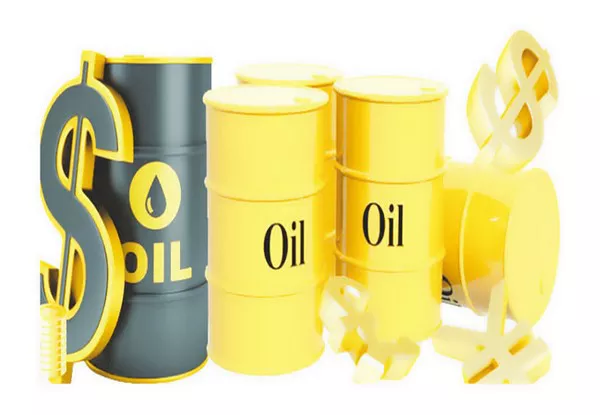Investing in oil futures can be an attractive option for investors seeking exposure to the volatile and dynamic energy market. Oil futures provide an opportunity to speculate on the future price movements of crude oil without the need to physically own the commodity. In this comprehensive guide, we will explore the intricacies of investing in oil futures, understanding the basics of these contracts, the process of trading, factors influencing prices, risk management, and strategies to make informed investment decisions.
1. Understanding Oil Futures
Oil futures are financial contracts that allow investors to buy or sell a specific quantity of crude oil at a predetermined price on a future date. These contracts are standardized and traded on various futures exchanges, with the most popular being the New York Mercantile Exchange (NYMEX) and the Intercontinental Exchange (ICE). Each contract comes with a specified delivery month, giving investors the flexibility to choose from a range of maturities.
2. The Role of Oil Futures in Investment
Investing in oil futures plays a crucial role in diversifying an investment portfolio. As a commodity, oil holds a unique position in the global economy, and its price movements can be influenced by a multitude of factors, including supply and demand dynamics, geopolitical events, and economic indicators. Including oil futures in an investment portfolio can provide a hedge against inflation and offer the potential for significant returns.
3. Factors Affecting Oil Futures Prices
Several factors influence the price of oil futures. Global supply and demand imbalances, geopolitical tensions in major oil-producing regions, economic growth rates, and changes in government policies can all impact oil prices. Staying informed about these factors is vital for making well-informed investment decisions.
4. How to Start Investing in Oil Futures
To invest in oil futures, one must have a brokerage account that provides access to the futures markets. Investors need to undergo a risk assessment and comply with the required regulatory processes. It is essential to understand the risks associated with oil futures trading, as they can be highly leveraged and subject to significant price fluctuations.
5. Selecting a Reliable Futures Broker
Choosing the right futures broker is crucial for successful oil futures trading. Consider factors such as commission rates, trading platform features, customer support, and research tools. Additionally, ensure that the broker is regulated by relevant financial authorities to protect your investments.
6. Understanding Leverage and Margin
One of the unique features of investing in oil futures is leverage. With a relatively small initial investment (margin), investors can control a larger contract value. While leverage can amplify profits, it can also lead to substantial losses. Understanding how to use leverage responsibly is vital for managing risk in oil futures trading.
7. Trading Oil Futures: The Process
To trade oil futures, investors need to decide on their market outlook (bullish or bearish) and choose an appropriate contract based on their preferred delivery month. Trading can be done through various order types, such as market orders, limit orders, and stop-loss orders.
8. Risk Management in Oil Futures Investing
Implementing effective risk management strategies is essential for protecting capital and ensuring long-term success in oil futures investing. Setting stop-loss orders, diversifying the investment portfolio, and avoiding over-leveraging are crucial risk management practices.
9. Analyzing Technical and Fundamental Factors
Investors can use both technical and fundamental analysis to make informed decisions in oil futures investing. Technical analysis involves studying historical price data and using various technical indicators to identify patterns and trends. Fundamental analysis, on the other hand, focuses on evaluating supply and demand factors, geopolitical events, and economic indicators that can impact oil prices.
10. Long-Term vs. Short-Term Investing
Investors can adopt either a long-term or short-term approach to oil futures investing. Long-term investors may hold positions for several months or even years, while short-term traders seek to capitalize on shorter price movements within a single trading session or a few days.
Conclusion
Investing in oil futures offers an exciting opportunity to participate in the global energy market and potentially earn substantial returns. However, it is essential to approach oil futures investing with caution, as it involves inherent risks due to price volatility and leverage. Conducting thorough research, understanding the fundamentals and technical aspects of oil futures, and implementing effective risk management strategies are key to successful investing in this dynamic and complex market. With a clear understanding of the oil futures market and a well-defined investment plan, investors can navigate the challenges and opportunities of oil futures investing with confidence.


